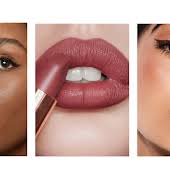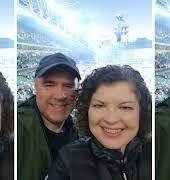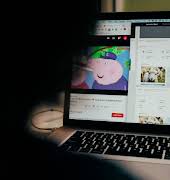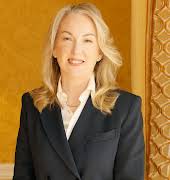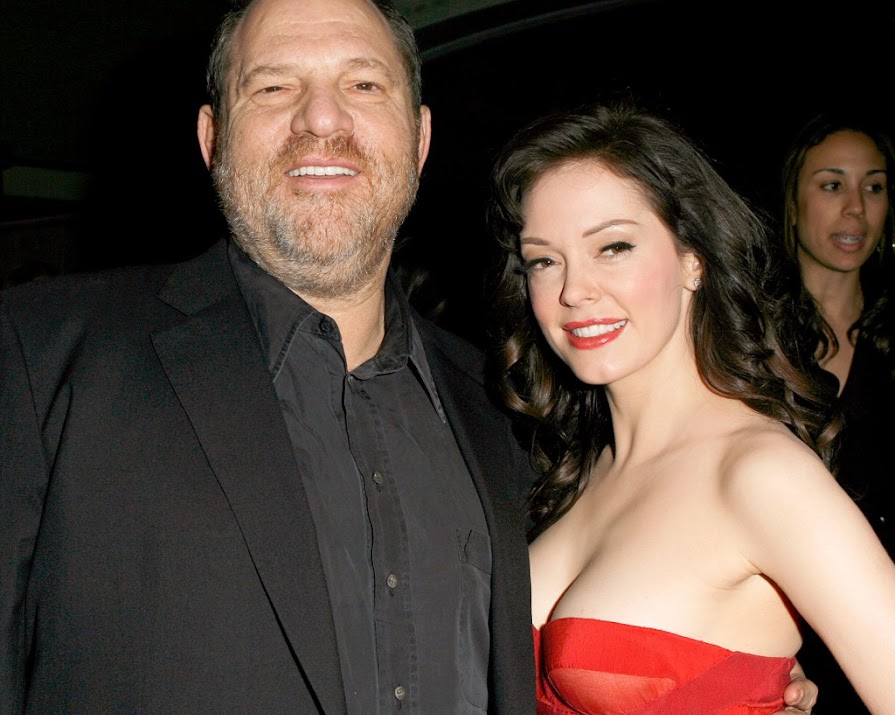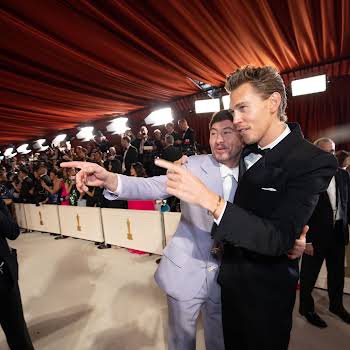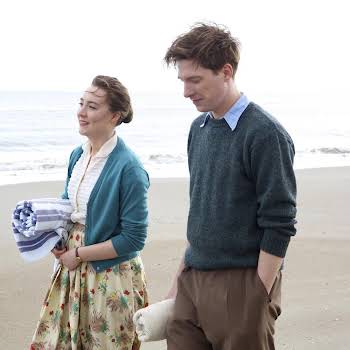If You Want To Know What Rape Culture Is, Look No Further Than The Weinstein Scandal
By Lauren Heskin
13th Oct 2017
13th Oct 2017
By now you’ve heard the fervour surrounding Hollywood movie producer Harvey Weinstein. Last week, the New York Times broke the story, claiming that Weinstein had been harassed numerous women, including actresses Ashley Judd and Rose McGowan. The expos? was based on victim testimony and a series of leaked internal memos from female staff within Weinstein Company. Since then, numerous women, famous and otherwise, have come forward to say they’ve been sexually harassed by Harvey Weinstein, as well as several accusations of rape.
If Weinstein’s name is new to you, his repertoire won’t be. The Hollywood producer co-founded two companies, Miramax and The Weinstein Company, who are responsible for producing movies such as Pulp Fiction, The English Patient, Good Will Hunting, Inglorious Bastards, Silver Linings Playbook, The King’s Speech, Django Unchained? the list goes on. Basically, any time you saw either of the below logos when you paid money into the cinema or turned on the TV, Harvey Weinstein probably had a hand in it. A term that has taken on a whole new meaning since the expos?.
Since then, there has been a shower of criticism redirected toward Weinstein, and rightly so. He has been fired from the company he founded with his brother Bob, his wife is said to have left him and many former-collaborators have spoken out against him in disgust. However, as the shock and fervour around the allegations began to die down and the sheer breadth of his arrogance and abuse of power toward female co-workers became evident, the narrative began to move towards the women themselves.
Some asked why it took women so long to come forward, why they didn’t feel the need to speak up to protect other women from him. Others, the all the subtly of a cave man’s club, posted pictures of numerous famous actresses draped over Weinstein at parties and other events through the years. Designer Donna Karan and director Oliver Stone and Lindsay Lohan have all jumped to Weinstein’s defence, expressing pity for the man and questioning the motives of the many, many accusers.
What they’re really saying is that perhaps these women must have deserved their abuse. Either they were flirting with him and led him on or it was a quid-pro-quo and they got their careers in exchange. They were either willing participants or it’s simply the reality of the casting couch – you’d be naive to not expect it. And it’s simply a shortcut to get ahead – so do you want it or not?
And we wonder why women aren’t more forthcoming in their experience with sexual harassment and abuse. When Harvey Weinstein’s creep record is more extensive than Harvey Weinstein’s film record but we as a society continue to focus on the motives of his victims.
Any kind of sexual harassment or misconduct is traumatising for the victim. It stripes them of their dignity, their confidence, their self-autonomy, and lingers over future, consensual intimacy and trust. Now factor in that these women rely on this man for work, not only in his own company but the entire industry. As one female employee of the Weinstein Company put it in an internal memo, ?I am a 28-year-old woman trying to make a living and a career. Harvey Weinstein is a 64-year-old, world famous man and this is his company. The balance of power is me: 0, Harvey Weinstein: 10.?
There are many reasons they didn’t speak out publicly, and the fact that he’s Harvey Weinstein is only a secondary one. They were afraid that they wouldn’t be believed, that speaking openly about their experience would only further their shame and the sense of violation. They were afraid that they might have unintentionally asked for, that their skirt was too short or they smiled too much. And who can blame them? We too often hold women responsible for the actions of men. Our bodies are our best, worst, even our only asset.




